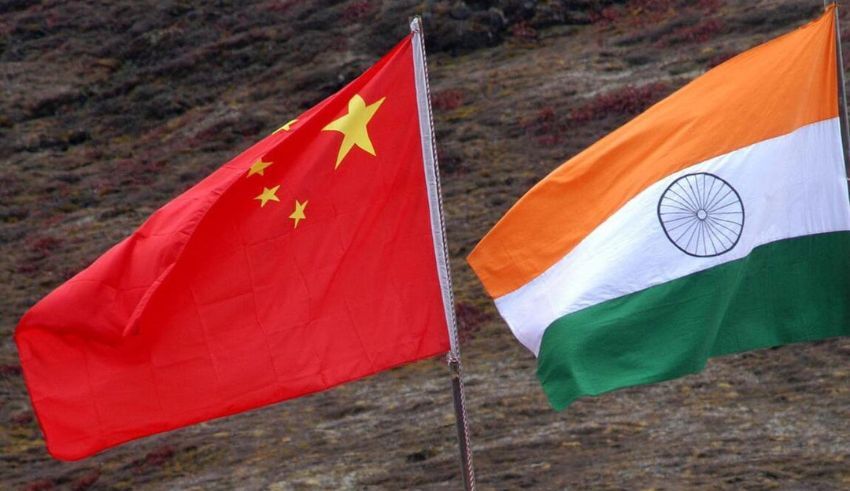
The recently concluded Brics summit, characterized by a sprawling 94-paragraph joint statement, held a surprise tucked away in its final throes, specifically Paragraph 91.
This section held a pivotal announcement, signaling the invitation extended to Argentina, Egypt, Ethiopia, Iran, Saudi Arabia, and the United Arab Emirates to join as full members from January onwards.
The expansion of Brics, initially founded in June 2009 by four nations and later including South Africa, now more than doubles its membership. Notably, this enlarged Brics will encompass six of the world’s top 10 oil-producing nations, comprising Saudi Arabia, Russia, China, the UAE, Brazil, and Iran.
Fueling Brics’ Potential: The Energy Determinant
The inclusion of these oil-producing giants bestows upon Brics newfound prominence, particularly in the realm of energy.
This energy determinant is poised to imbue Brics with substantial influence over the coming decades. However, the pertinent question arises: Can this expanded collective maintain the cohesion required to function effectively, given the diverse strategic priorities of its member nations?
Brics, initially envisioned as a consortium of major emerging market nations slated to reshape the world economy by 2050, bore within it an unspoken geopolitical undercurrent. At its core, this union rested on the China-Russia partnership, a shared endeavor to resist U.S.-led hegemony, and the complex China-India relationship.
In the present, the anti-U.S. inclinations of China and Russia are discernible across multiple domains, notably exacerbated by the ongoing Ukraine conflict.
India’s Shifting Geopolitical Landscape
India, while historically maintaining a stance outside the camps opposing both the U.S.-led Western alliance and China, has witnessed a transformation.
Increasing Chinese assertiveness, particularly when it infringes on India’s core interests, has prompted a strategic shift that aligns New Delhi more closely with the American camp. The notion of India and China forging a robust friendship, revitalizing the much-heralded “Asian century,” holds immense allure. Such a development could wield radical consequences for global geopolitics and geoeconomics. However, the prospect remains tantalizingly elusive, given the existing complexities within the Sino-Indian relationship.
In the lead-up to the Brics summit, the expansion of the group sparked fervent debate. China and Russia appeared to favor this move, while India and Brazil leaned toward a more gradual approach. Evidently, a compromise was ultimately struck.
Keep Reading
Of particular interest was the potential meeting between Chinese President Xi Jinping and Indian Prime Minister Narendra Modi to address the festering territorial dispute in the Galwan region of Ladakh. A deadly clash between the two nations’ troops in 2020 strained bilateral relations. The nuances of the interactions between Xi and Modi at the summit, as reported differently by each side, highlight the enduring trust deficit.
Amidst the geopolitical complexities, there exists a pressing need for collective action on critical global challenges, notably climate change and environmental degradation. Both China and India bear a shared responsibility to develop policies aligning with global efforts. While these issues found mention at the Brics summit, greater funding and political support are imperative to address the precarious state of our planet.
The G20 Summit: A Missed Opportunity?
Speculation had surrounded the G20 summit as a potential platform for a substantive meeting between Xi and Modi. Hosting G20 leaders in New Delhi carries immense prestige for India. However, the latest media reports suggest Xi may skip the summit, reflecting the troubled state of India-China relations.
The possibility of strategic cooperation between China and India could yield regional and global benefits. Yet, current indications point to a lack of amicability, with short-term domestic political considerations taking precedence. As a result, the long-anticipated Asian century remains elusive, overshadowed by geopolitical complexities and competing priorities.




